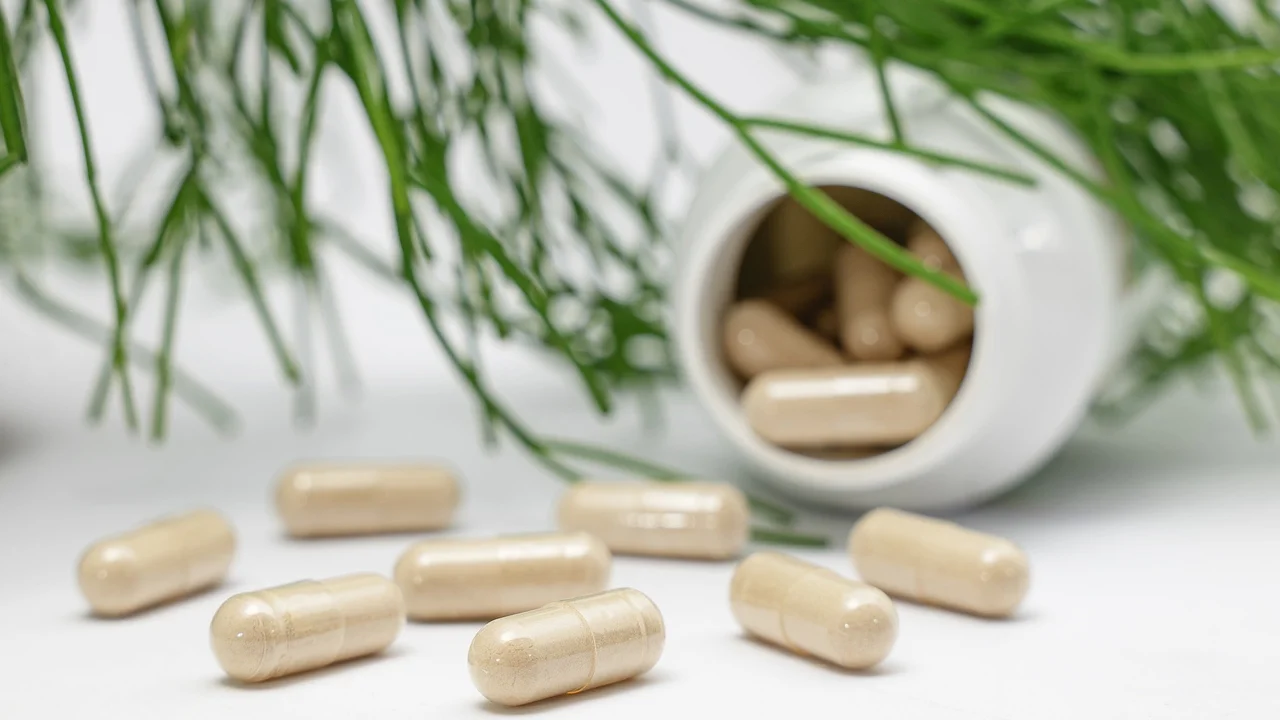Pipsissewa Benefits: Why This Cheap Herb Is Worth a Look
If you’ve ever browsed the aisles of a health store and seen a tiny jar labeled pipsissewa, you might wonder what all the fuss is about. The short answer: it’s a cheap, hardy plant that’s been used for generations to tackle everyday aches, low energy, and minor infections. Below you’ll get the practical lowdown on what the herb actually does, how to incorporate it into your routine, and what to watch out for.
Top Health Benefits
1. Reduces inflammation. The leaves and roots contain compounds that calm down inflammatory pathways. People often use a tea or tincture after a tough workout or when joint stiffness creeps in. You’ll notice less swelling and a smoother range of motion within a few days of regular use.
2. Supports the immune system. Pipsissewa is rich in antioxidants like vitamin C and flavonoids. Those molecules help white blood cells work more efficiently, so you’re less likely to catch the sniffles during cold season. A cup of hot pipsissewa tea in the morning can be a simple immune‑boosting habit.
3. Fights fatigue. Historical records from Native American medicine say the plant "gives strength to the weak." Modern users report a mild energy lift, especially when they’re low on calories or dealing with chronic tiredness. It’s not a caffeine fix, but it steadies your stamina without the jitters.
4. Helps with minor respiratory issues. The herb’s expectorant qualities loosen mucus, making it easier to breathe if you have a lingering cough or a stuffy nose. A warm tea with a dash of honey works well before bedtime.
5. May aid digestion. Some people find that a small dose of pipsissewa tea eases mild stomach upset and regularizes bowel movements. The effect is gentle, so it’s safe for most adults.
How to Use Pipsissewa Safely
There are three common ways to take pipsissewa: tea, tincture, and capsules. Pick the method that fits your lifestyle.
Tea. Steep 1‑2 teaspoons of dried leaves or root in hot water for 5‑10 minutes. Drink 1‑3 cups daily. If you’re new, start with one cup and see how you feel.
Tincture. Drops are concentrated, so follow the label—usually 20‑30 drops diluted in water, taken 1‑2 times per day. This is handy if you travel often.
Capsules. If you dislike the taste, capsules give you a measured dose. Typical dosages range from 300‑600 mg per day, split into two servings.
Because pipsissewa can lower blood sugar slightly, diabetics should monitor their levels and talk to a doctor before adding it. Pregnant or nursing women should also check with a healthcare professional, as research is limited.
Store the herb in a cool, dark place to keep its active compounds intact. If you buy a bulk bag, transfer a portion to an airtight container for everyday use.
Bottom line: pipsissewa is an affordable, multi‑purpose herb that can reduce inflammation, boost immunity, and give you a gentle energy lift. Start with a modest tea, see how you respond, and adjust the form or dosage as needed. It’s a low‑risk addition to most wellness routines, and the benefits often show up faster than you’d expect.
Pipsissewa Extract Benefits: Unlock Natural Wellness with This Herbal Powerhouse
Hey there, fellow health enthusiasts! Have you heard about Pipsissewa, the game-changing herbal supplement that's buzzing in the wellness community? I've been diving deep into the world of natural supplements, and let me tell you, Pipsissewa has seriously impressed me. This potent plant is not just your ordinary dietary addition; it's packed with benefits that can truly transform your daily routine. From bolstering your well-being to supporting your body in ways you wouldn't believe, Pipsissewa is the secret you'll want to add to your health repertoire right now. Stick with me and discover how this remarkable herb can uplift your life in the most natural way!

